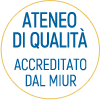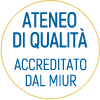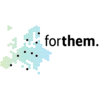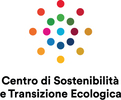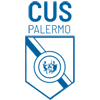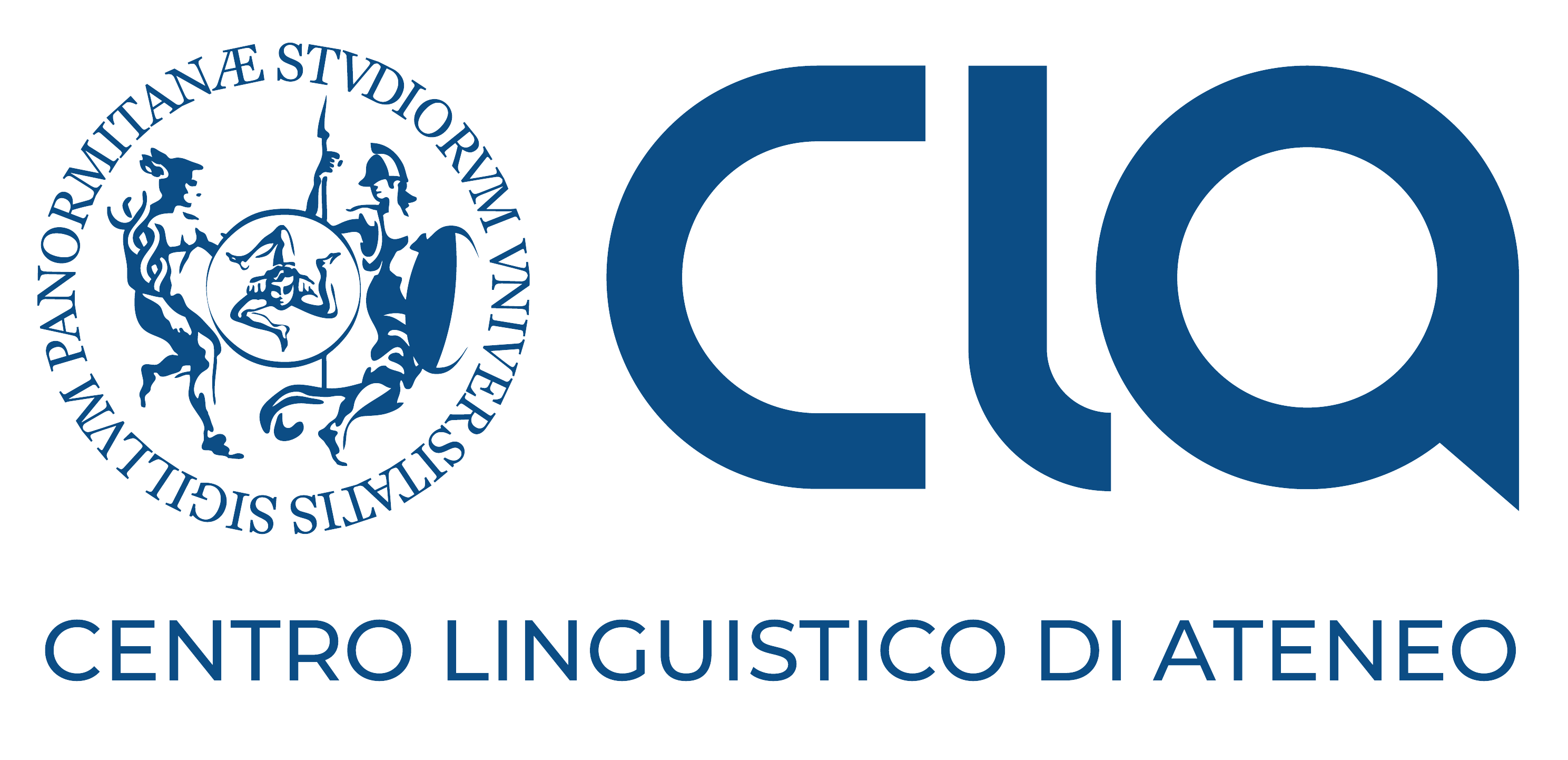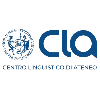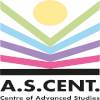Social ontology
Scientific aim of the project Ascolta
Between the end of the 1980s and the beginning of the 1990s the work of philosophers such as Raimo Tuomela, Margaret Gilbert, John Searle, Michael Bratman and others has built up a conceptual framework in which notions such as collective intentionality, joint commitment, we-mode intentionality, status function and so on have been employed to analyze the ontology and logical structure of social and institutional facts – from simple “walking together” to the logical structure of political power and human rights.
Institutions, according to Searle’s theory, are created through the collective intentional imposition and recognition of status functions on people and objects based on constitutive rules – a process which results in the conferring of specific deontic powers giving the participants within the institution a set of desire independent reasons for action. These reasons characterize human rationality as irreducible to the means-end model and as constituted by a set of deontic commitments linguistically and collectively created.
Working against this background, the project aims at integrating the current framework both with the contribution of the dialectic tradition of the Critical theory of society and with the analysis of some recent achievements coming from neurosciences and cognitive sciences.
On one side, the integration between Social ontology and the achievements and method of Critical theory (Adorno, Horkheimer, Marcuse, Habermas, Honneth, framed in the Hegel-Marx dialectic tradition) aims at developing not only an understanding of the structure and ontology of society, but also at putting forward a critical examination of the mechanisms of social change and of the validity claims of the structures of power in contemporary society.
A close cooperation of those areas of cognitive science and neuroscience studying the mechanisms of human sociality – from collective intentionality to joint action, communicative intention and mindreading -, as they are seen in contemporary developmental psychology, pragmatics and in the study of mirror neurons, for example, is also necessary in order to have both a scientifically informed philosophical analysis and to develop new scientific research projects.
Methodology Ascolta
The project will be carried out in a constant dialogue with the academic community seen as a whole, with specific attention devoted to the interdisciplinary nature of research and to its close link with higher-education level teaching, aiming at reconstructing the historical genealogy of specific concepts and problems and the lines of thoughts debating over the themes at issue.
The Workshop of Critical Social Philosophy will organize conferences, seminars and workshops aiming at putting students from every level of the academic community (PhD, MA, BA) and young scholars in dialogue with recognized international experts on the themes at issue, aiming at giving a contribution to the internationalization of research and teaching and at framing the research into networks carrying out National and European research projects.
Expected results Ascolta
The project aims at the dissemination of the products of research through publication of Proceedings, research monographs and papers, but it also aims at having a significant impact on academic education through the supervision of dissertations on the research themes at every level of academic education (PhD, MA, BA).




